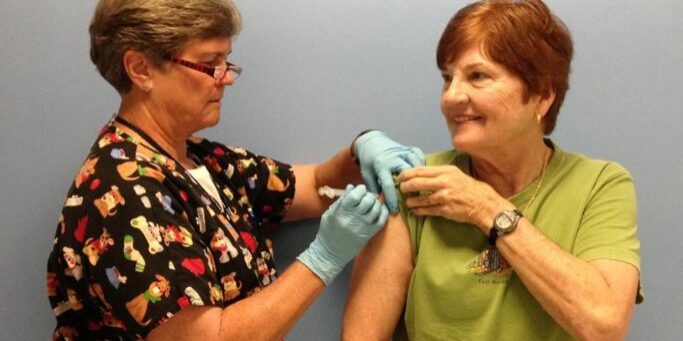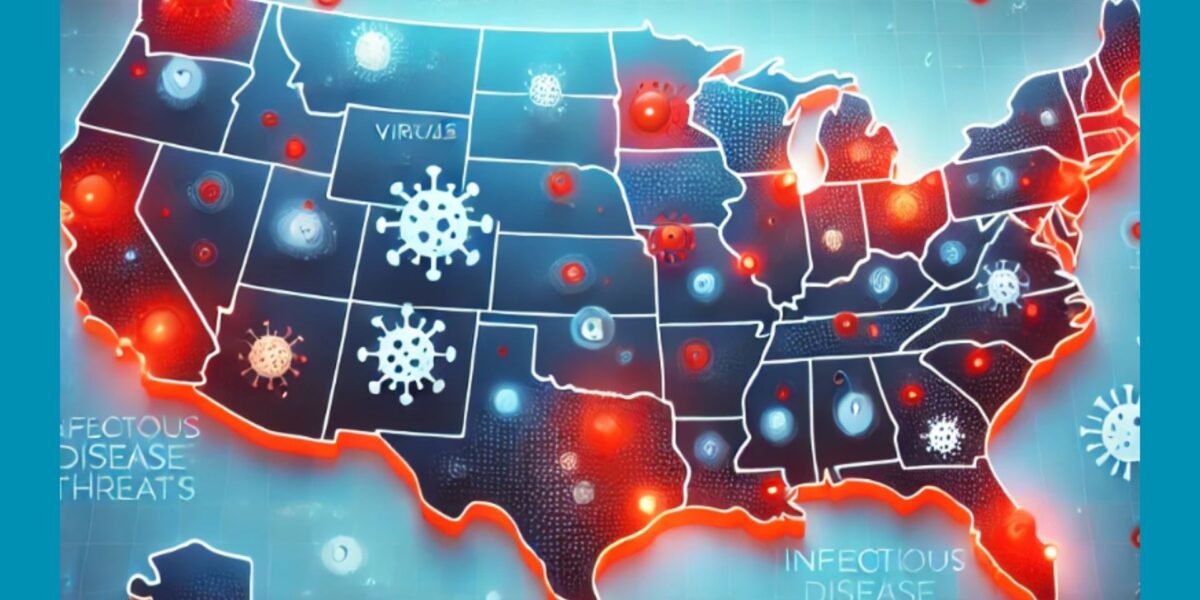
Special thanks to Carol J. Baker, MD, Professor of Pediatrics and Molecular Virology and Microbiology at Baylor College of Medicine, NFID Director and Past-President, and Clinical Vaccinology Course faculty member, for sharing her thoughts on the importance of maternal immunization for National Infant Immunization Week.
Vaccines are recommended for women before, during and after pregnancy. Some vaccines, such as the measles, mumps, rubella (MMR) vaccine, should be given a month or more before pregnancy. Other vaccines, like Tdap (to protect against whooping cough) and influenza, are recommended during pregnancy.
Getting vaccinated during pregnancy provides protection for the mother and the newborn baby (before they are old enough to be vaccinated.) This immunity will protect the baby from some diseases during the first few months of life, but as immunity decreases over time, the child will need to be vaccinated to stay protected against 14 serious and potentially life-threatening diseases.
Which vaccines are recommended during pregnancy?
There are two vaccines currently recommended during pregnancy: influenza (flu) and Tdap.
While the influenza vaccine, can be given before or during pregnancy, if it is given during pregnancy it protects not only the pregnant woman but also the baby who can’t get flu vaccine until age six months. Influenza is more likely to cause severe illness in pregnant women than in women who are not pregnant due to changes in the immune system, heart, and lungs during pregnancy which make pregnant women more prone to complications from influenza including hospitalizations and even death. Pregnant women with influenza also have a greater chance for serious problems for their unborn babies, including miscarriage or premature labor and delivery.
Tdap vaccination is recommended during each pregnancy, preferably between 27 and 36 weeks of gestation, so that the baby gets the benefit of the mother’s blood proteins (antibodies) that prevent whooping cough in the first two months of life when the infection can be fatal. A strong recommendation from the mother’s obstetrical healthcare provider is the single best predictor of vaccination and ultimately, influences whether or not newborns are protected against pertussis.
How can you encourage vaccination before, during, and after pregnancy?
Pregnancy and pregnancy planning are opportune times to deliver health messages. During this time, women are often in frequent contact with their healthcare professional which is why it is so important to effectively and efficiently communicate the benefits, safety, and effectiveness of vaccines with patients. For pregnant women and young parents, it is important to address concerns about the vaccine schedule, number of vaccines per visit, and the impact vaccines have on the immune system. Delivering positive vaccine messages during pregnancy and the postpartum period can help establish new mothers and parents as long-term vaccine advocates across the entire family from infancy, to childhood and adolescence, and into adulthood.
Share this easy-to-read vaccination chart from the Centers for Disease Control and Prevention (CDC) that lists vaccinations recommended before, during, and after pregnancy.
For more information, read the NFID Call to Action: Improving Vaccination Rates in Pregnant Women: Timely intervention — lasting benefits.
To join the conversation, follow NFID (@NFIDvaccines) using the hashtag #NIIW on Twitter, like NFID on Facebook, join the NFID Linkedin Group, and subscribe to NFID Updates.
Related Posts

News Round-Up: Infectious Disease Threats
According to NFID website poll, there are several worrisome infectious disease threats. Read recent news on topics of greatest concern, including avian influenza (bird flu), measles, and respiratory syncytial virus (RSV) …

Vaccines and Heart Health: A Vital Connection
Heart disease can increase the risk of serious or fatal complications from respiratory diseases including COVID-19, flu, and RSV

Harnessing the Power of Local Data
NFID dashboard aims to empower stakeholders with hyperlocal data to increase US adult respiratory vaccine uptake
